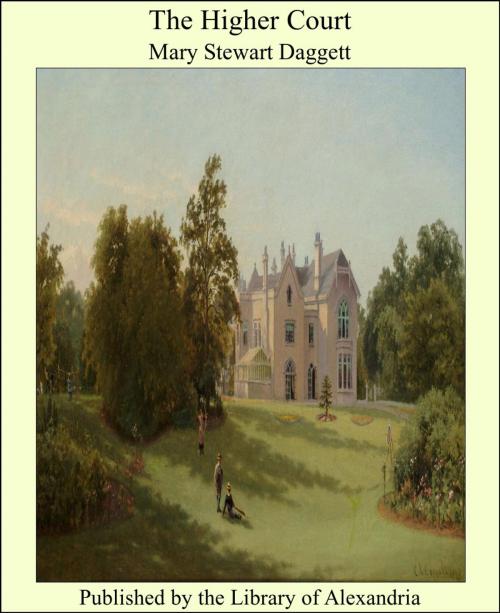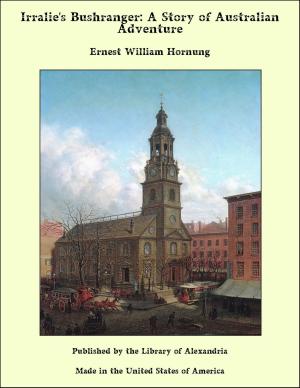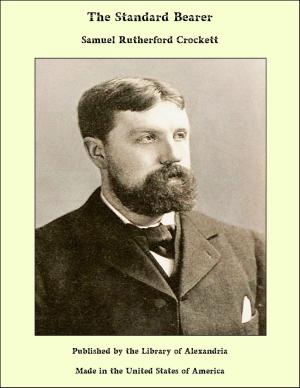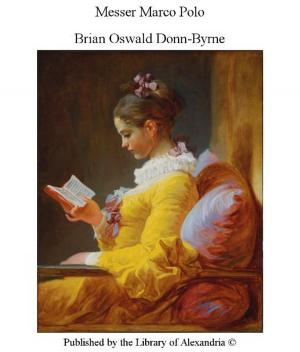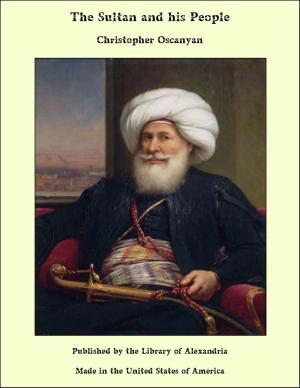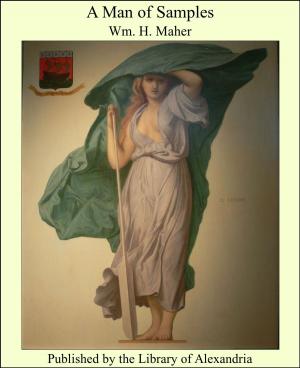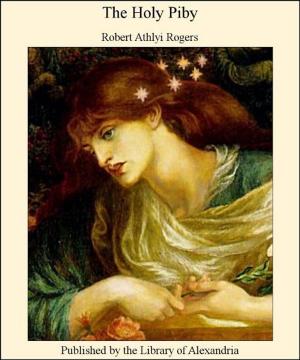| Author: | Mary Stewart Daggett | ISBN: | 9781465535610 |
| Publisher: | Library of Alexandria | Publication: | March 8, 2015 |
| Imprint: | Language: | English |
| Author: | Mary Stewart Daggett |
| ISBN: | 9781465535610 |
| Publisher: | Library of Alexandria |
| Publication: | March 8, 2015 |
| Imprint: | |
| Language: | English |
As the suspended priest went from the bluff the mirage of a few moments faded. The bishop still lived. Reaction and the determination to face an archbishop impelled him forward. Why should he submit to sentence without effort to save himself? He drew the collar of his coat about his ears. At last he was sensitive to physical discomfort. Air sharp as splintered glass cut through his lungs. He bowed his head, revolving in his mind the definite charge of "modernism." What had he really said in the pulpit? Like all impassioned, extemporaneous speakers he could never quite recall his words when the occasion for their utterance had passed. Progress was undoubtedly his sinful theme; yet until lately no heretical taint had been found in the young father's sermons. Born a dreamer, reared a Catholic, he attempted rigid self-examination. The task proved futile. In Italy he would have led Catholic democrats in a great uprising. Despite the "Index" he rejoiced in the books of "Forgazzar." "Benedetto's" appeal to the pope to heal the "four wounds of Catholicism" clung to his mind. The great story touched him irresistibly. Sinful as it was, he had committed Benedetto's bold accusations to memory. "Il Santo" still drew him, and he was angry and sore. He knew that in a moment of emotional uplift he had forgotten the danger of independent utterance, the bonds of a Catholic pulpit. But to-day, while he reverted to the sermon which had suspended him from the priesthood, he could not repeat one offensive sentence clearly. The wind increased each moment. A blizzard of three days' duration might bring him time to think. At the end of the storm every one would hear of his suspension. The priest hurried on. Then he thought of his mOther. Suddenly the dear soul had prior claim to Mrs. Doan. Above bitterness the son recalled the date; it was his thirty-second birthday. He told himself that nothing should keep him from the one who could best understand his predicament. This dear, sincere mOther had counseled him before; why not now? The foolishness of troubling Mrs. Doan was clear. As he hastened on his way, he began to wonder what his mOther would really think of the bishop's action. Would she accept her son's humiliation with serene, unqualified spirit? Would her faith in a superior's judgment hold? The suspended priest felt the terms for the true Catholic. He dreaded palliation of the bishop's course. But no—his mOther could never do that. In the case in question her boy must stand injured, unjustly dealt with
As the suspended priest went from the bluff the mirage of a few moments faded. The bishop still lived. Reaction and the determination to face an archbishop impelled him forward. Why should he submit to sentence without effort to save himself? He drew the collar of his coat about his ears. At last he was sensitive to physical discomfort. Air sharp as splintered glass cut through his lungs. He bowed his head, revolving in his mind the definite charge of "modernism." What had he really said in the pulpit? Like all impassioned, extemporaneous speakers he could never quite recall his words when the occasion for their utterance had passed. Progress was undoubtedly his sinful theme; yet until lately no heretical taint had been found in the young father's sermons. Born a dreamer, reared a Catholic, he attempted rigid self-examination. The task proved futile. In Italy he would have led Catholic democrats in a great uprising. Despite the "Index" he rejoiced in the books of "Forgazzar." "Benedetto's" appeal to the pope to heal the "four wounds of Catholicism" clung to his mind. The great story touched him irresistibly. Sinful as it was, he had committed Benedetto's bold accusations to memory. "Il Santo" still drew him, and he was angry and sore. He knew that in a moment of emotional uplift he had forgotten the danger of independent utterance, the bonds of a Catholic pulpit. But to-day, while he reverted to the sermon which had suspended him from the priesthood, he could not repeat one offensive sentence clearly. The wind increased each moment. A blizzard of three days' duration might bring him time to think. At the end of the storm every one would hear of his suspension. The priest hurried on. Then he thought of his mOther. Suddenly the dear soul had prior claim to Mrs. Doan. Above bitterness the son recalled the date; it was his thirty-second birthday. He told himself that nothing should keep him from the one who could best understand his predicament. This dear, sincere mOther had counseled him before; why not now? The foolishness of troubling Mrs. Doan was clear. As he hastened on his way, he began to wonder what his mOther would really think of the bishop's action. Would she accept her son's humiliation with serene, unqualified spirit? Would her faith in a superior's judgment hold? The suspended priest felt the terms for the true Catholic. He dreaded palliation of the bishop's course. But no—his mOther could never do that. In the case in question her boy must stand injured, unjustly dealt with
